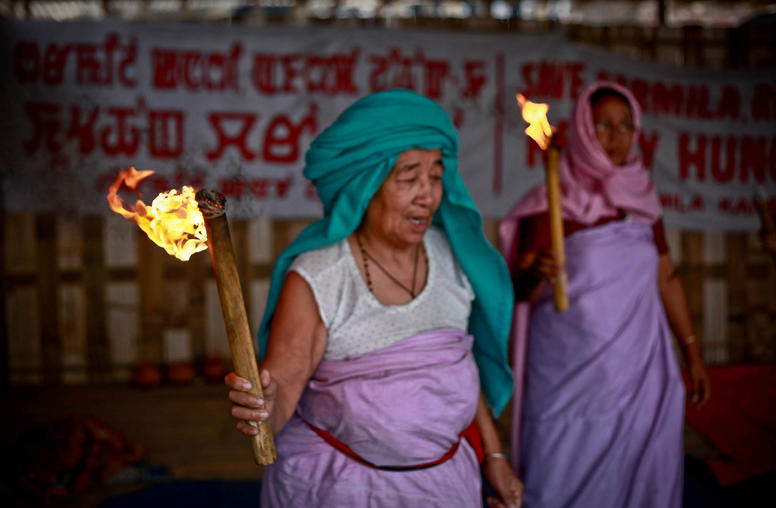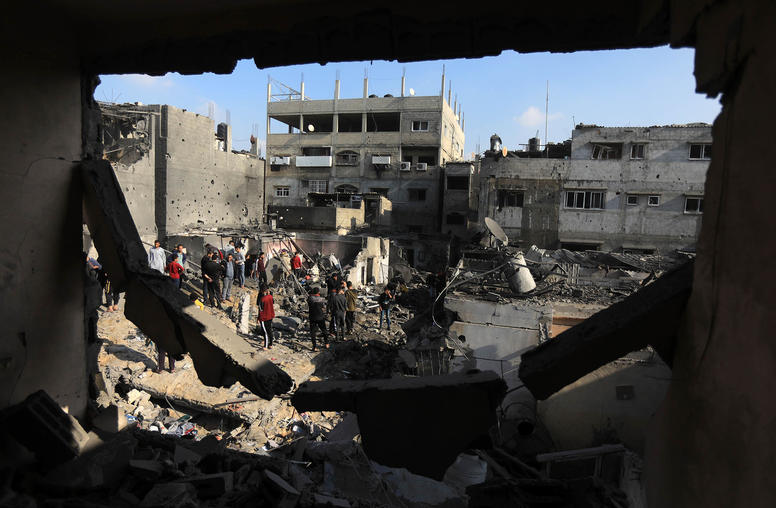We often see peacebuilding play out as the search for political consensus among elite brokers — but for true, lasting peace to take root, peace must become a lived experience for those on the ground. The Principles for Peace is an initiative that aims to identify a common language that ensures the people suffering from conflicts are at the center of conflict resolution processes. USIP’s Juan Diaz-Prinz and Principles for Peace Foundation’s Bert Koenders, Annika Söder and Teresita Quintos Deles discuss this new way to frame the search for peace; the initiative’s emphasis on implementing peace agreements; and how diplomatic actors can use these principles, standards and norms to fundamentally reshape current peace processes.



